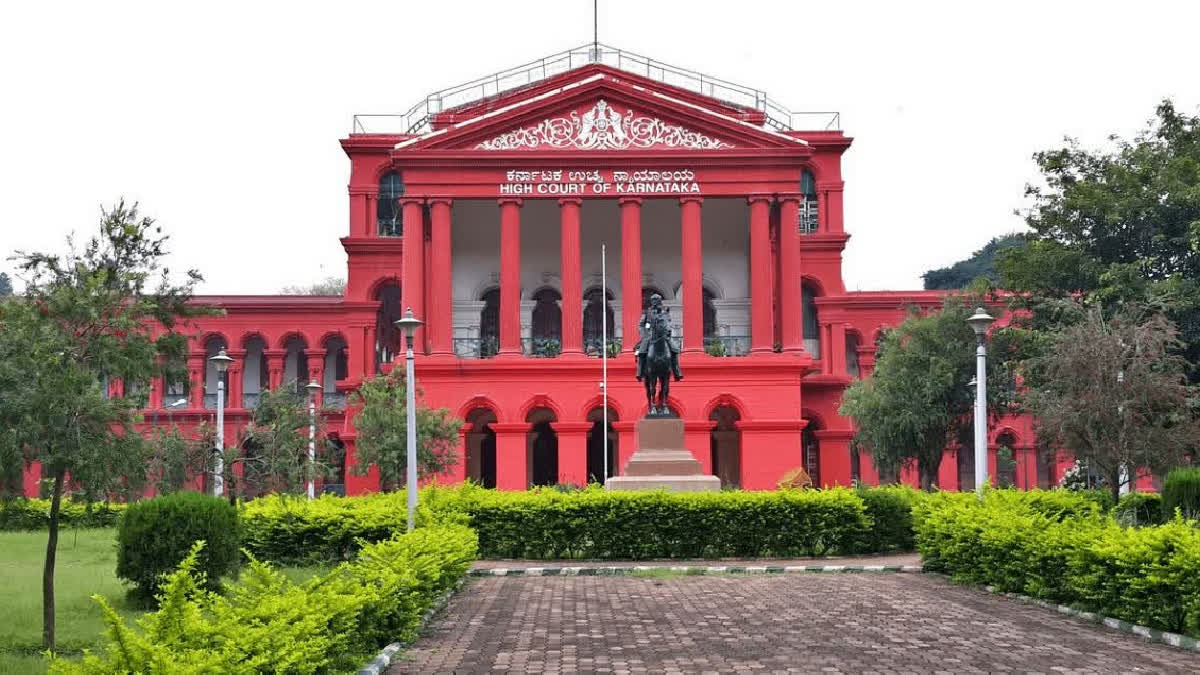Bengaluru:The Karnataka High Court on Monday advised the government to formulate a new law on imposing collective responsibility on the villagers who remained silent in the stripping and assault case in Belagavi. The court suggested taking collective measures akin to that of Lord William Bentinck.
A bench headed by Chief Justice Prasanna Balachandra Varale and Justice Krishna S Dixit gave this advice after filing a suo motu petition in connection with the case. The court pointed out that along with 'Beti Bachao, Beti Padhao', we need 'beta padhao' in order to save the girl child. The boy child has to be taught to be respectful and to protect the woman, court said.
It mentioned about collecting fines from the villagers who remained silent spectators and then to hand over the amount to the victim. "When such an incident is taking place, those who stand as silent spectators are more dangerous than those who are involved in the act," said the Chief Justice to which, Judge Dixit said, "The accused want to be heroes in front of the crowd. This is collective stupidity, irresponsibility of the villagers."
"Also, what is the literacy rate of the village? The government always acts lazily. How is the participation of the people? How can we control such incidents? We claim to be a civil society. What is the role of the villagers in this? Are there reasons why people were silent spectators to this incident? Are the people afraid of police, judiciary or politicians?" he asked.
Reacting to this, the Chief Justice questioned, "The social dimension of why people do not provide information about crimes cannot be ignored. They are trapped in the judicial process. Witnesses fear that they will not get due respect."
"There is no difference between witnesses and accused in the police stations except in some places. This is not acceptable to the people. The behavior of the police does not inspire confidence in the people," Judge Dixit said.
"Also, why didn't anyone in the entire village come forward when the incident was happening. Why did it happen. These ideas should be collected. This should be conveyed to the Law Commission. It can advise to frame the law. In this way, the law will progress. Otherwise it will not be the law of the people. The law should be based on people's lives. Only then, It makes sense. Otherwise it will remain an unknown body," the bench said sadly.
The court cited instance of Lord William Bentinck saying he imposed fines on villages that harbored criminals. A similar kind of system should be brought in place so that people would become more responsible and take action instead of keeping silent when similar incidents happen in front of them, the court added.
